Home Cost Orthopedics Knee Replacement

Knee replacement known as arthroplasty or knee resurfacing, helps to restore the weight-bearing façade of damaged or diseased knee joints.
Knee replacement prevents pain and restores mobility and it helps patients whose knees have degenerated due to osteoarthritis, rheumatoid arthritis, or post-traumatic arthritis.
Over 600,000 knee replacement surgeries have been carried out in the United States and most of the patients are under 50 to 80 years.
If patients follow the instructions for knee care, it will function well even after 15 years and it lasts 20 years with better care.
There are three common reasons for the knee replacement, includes:
People with arthritis go through knee replacement, and if you want to learn about the surgery procedure then here is the process:
Before the Surgery
During the procedure
After the procedure
List of Hospitals for Knee Replacement in India
List of Doctors for Knee Replacement in India
Knee replacement has shown the best clinical outcomes in patients because it is safe and complications occur less than 1% in patients. The replacement knees last between 10 to 15 years, but in some cases, replacement is needed after 10 years.
The stay in the hospital is short but the recovery from the knee replacement takes months. Furthermore, an interval of physical rehabilitation is important before full recovery.
| Knee Replacement cost | |
|---|---|
| Treatment Name | Estimated Cost |
| Single Knee Replacement Surgery | 3800-4200 USD |
| Double Knee Replacement Surgery | 6500-7500 USD |
The cost of Knee Replacement Surgery in India ranges from 3800-4200 USD for a single knee.
The success rate of Knee Replacement Surgery in India is around 98%.
Patients typically stay in the hospital for 1-3 days following Knee Replacement Surgery in India.
The typical recovery time for knee replacement surgery in India is approximately six months.
The life expectancy of knee replacement surgery in India is typically around 20 years, after which a potential replacement may be required.
Partial knee replacement involves replacing either the medial or lateral compartments of the knee joint with artificial components, while total knee replacement replaces the entire knee joint with an artificial joint.
Yes, you can choose your own implant for knee replacement surgery in India. The key considerations include ensuring a successful track record of five to ten years for the chosen implant, the comfort level of your surgeon with using the selected implant, and the surgeon's determination that the implant is suitable for your specific knee condition.
It is advised to engage in daily 20-30 minute walks for improved knee strength and to prevent scar tissue formation. Additional recommended exercises include leg lifts on a bed, ankle pumps, short-arc quad exercises, and straight leg raises to enhance thigh muscles, calf strength, blood flow, and overall knee rehabilitation.
Yes, it is necessary to have a companion.
Patients are typically advised to wait a minimum of 6 weeks after knee replacement surgery before traveling.
Yes, you can do your research and choose your own therapist.
Pain management options include preemptive analgesia, opioids, epidural anesthesia, local infiltration analgesia, and multimodal analgesia. These methods aim to minimize pain, reduce opioid use, and enhance recovery while improving patient satisfaction.
Yes, insurance will cover the cost of Knee Replacement Surgery in India.
To discover the top doctors or hospitals in India, you can visit our website, mejocare on the doctors' page, you can filter and find the finest doctors, while on the hospital page, you can identify the best hospitals. Additionally, you can reach out to us, and we will gladly offer you all the necessary suggestions and information you need.
The entire knee replacement surgery process takes 1-2 hours.
No, there is no waiting list for knee replacement surgery in India.
Yes, you will need to undergo tests such as medical evaluations, blood samples, electrocardiograms, stress tests, chest X-rays, and urine samples before Knee Replacement.
You can initiate physical therapy exercises promptly after knee replacement surgery, even in the recovery area. Starting these activities early accelerates your recovery and reduces postoperative discomfort, despite any initial awkwardness.
Spinal anesthesia is commonly recommended for knee replacement, as studies suggest it may lead to fewer postoperative complications compared to general anesthesia.
Most individuals undergoing knee replacement surgery can typically return to work after approximately 9 weeks, as indicated by a study where 98% of participants successfully resumed their work activities post-surgery.
In India, knee replacement surgeries typically utilize four main types of implants: metallic over plastic, ceramic on plastic, ceramic atop ceramic, and metal on metal.
Limit caffeine, alcohol, excess sugar, and salt intake before and after Knee Replacement surgery to support optimal bone regeneration. Obtain nutrients primarily from food rather than supplements, unless otherwise advised by your doctor.
You will regain the ability to climb stairs through rehabilitation, crutch usage initially, and the development of quadriceps muscles.
The hospital offers aftercare services, including vital signs monitoring, wound care, post-operative complication management, rehabilitation services, and follow-up care.

Orthopedics and Joint Replacement Surgeon
18+ Years of Experience

Orthopedic & Joint Replacement Surgeon
35+ Years of Experience

Orthopedic and Joint Replacement Surgeon
30+ Years of Experience

Orthopaedic and Joint Replacement Surgeon
32+ Years of Experience

Orthopaedic and Joint Replacement Surgeon
20+ Years of Experience

Orthopaedic and Joint Replacement Surgeon
15+ Years of Experience

Orthopaedic and Joint Replacement Surgeon
24+ Years of Experience

Orthopaedic and Joint Replacement Surgeon
39+ Years of Experience

Orthopaedic and Joint Replacement Surgeon
15+ Years of Experience

Beds: 539
New Delhi

Beds: 230
New Delhi

Beds: 710
New Delhi

Beds: 650
New Delhi

Beds: 191
New Delhi

Beds: 310
New Delhi

Beds: 299
Gurugram

Beds: 380
New Delhi

Beds: 402
New Delhi

Beds: 1250
Gurugram

Beds: 1000
New Delhi
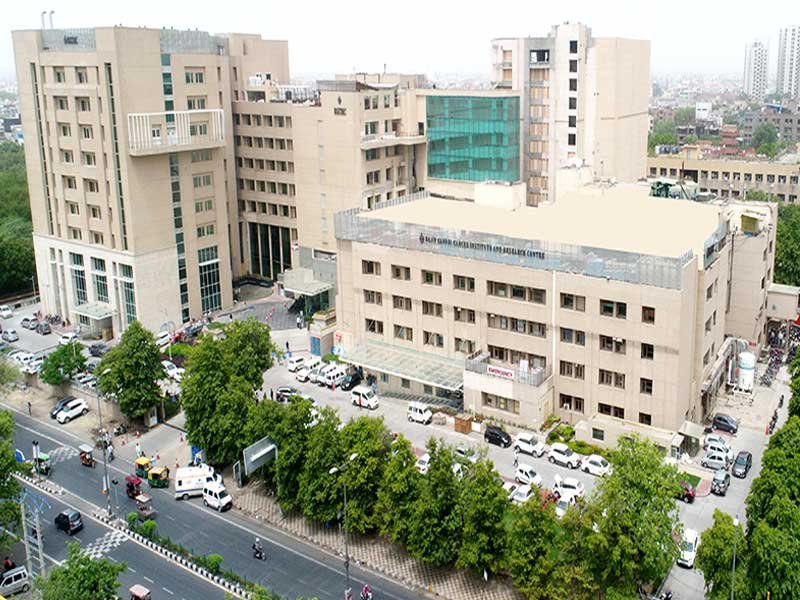
Beds: 500
New Delhi

Beds: 450
Faridabad

Beds: 675
New Delhi

Beds: 500
New Delhi

Beds: 400
Faridabad

Beds: 106
New Delhi

Beds: 495
New Delhi
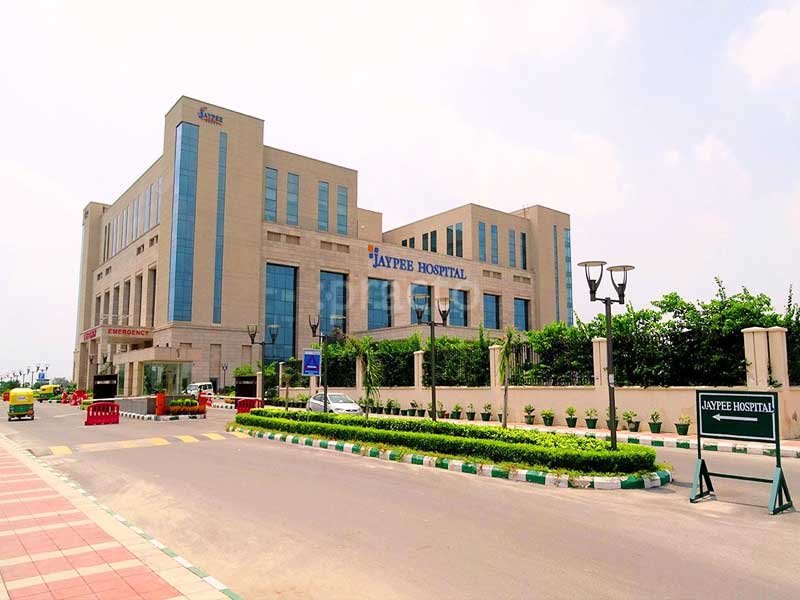
Beds: 504
Noida

Beds: 220
Faridabad

Beds: 92
Gurugram

Beds: 130
New Delhi

Beds: 250
Gurugram
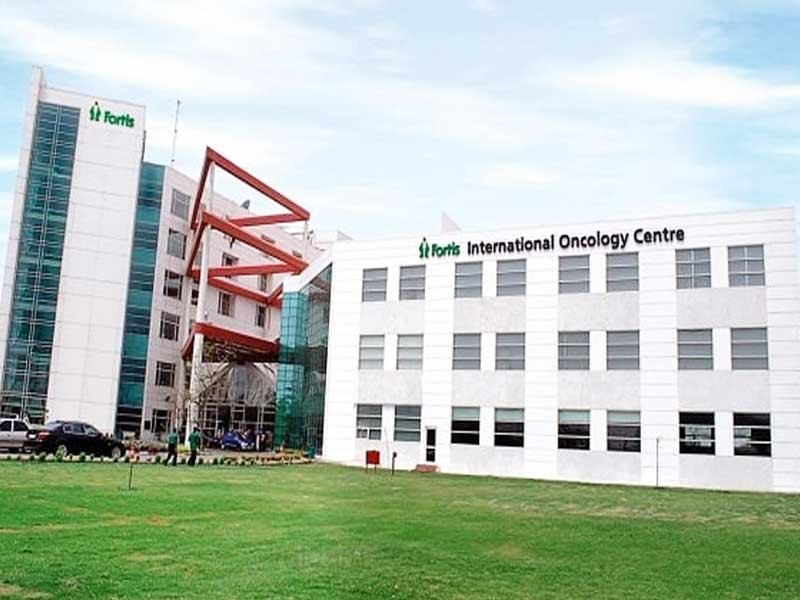
Beds: 236
Noida

Beds: 425
Faridabad
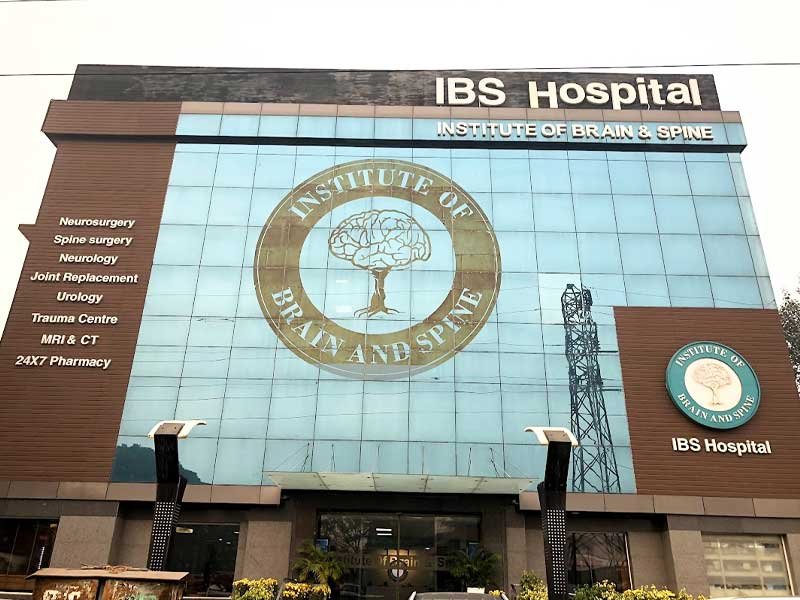
Beds:
New Delhi

Beds: 250
Gurugram

Beds: 200
New Delhi

Beds: 162
New Delhi

Beds: 111
New Delhi

Beds: 400+
New Delhi

Beds: 380
Faridabad

Beds: 250
New Delhi

Beds: 70
Gurugram

Beds: 262
New Delhi

Beds: 200
New Delhi

Beds: 50
Gurugram

Beds: 325
Faridabad

Beds: 550
Gurugram
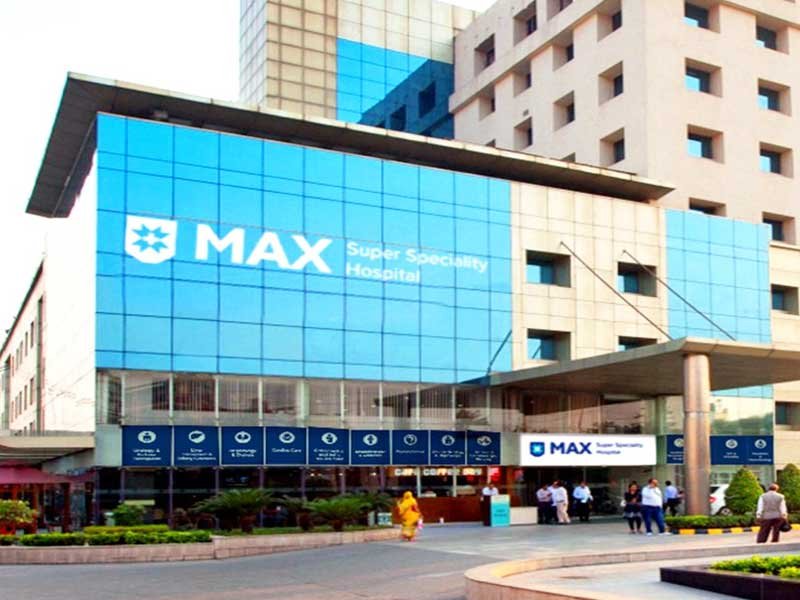
Beds: 370+
Ghaziabad

Beds: 350
Gurugram

Beds: 2600
Faridabad

Beds: 7+
New Delhi

Beds: 207
Noida

Beds: 150
Gurugram

Beds: 90
Gurugram

Beds: 50
New Delhi

Beds: 400
Greater Noida

Beds: 450
Chennai

Beds: 560
Chennai

Beds: 400
Chennai

Beds: 300
Chennai
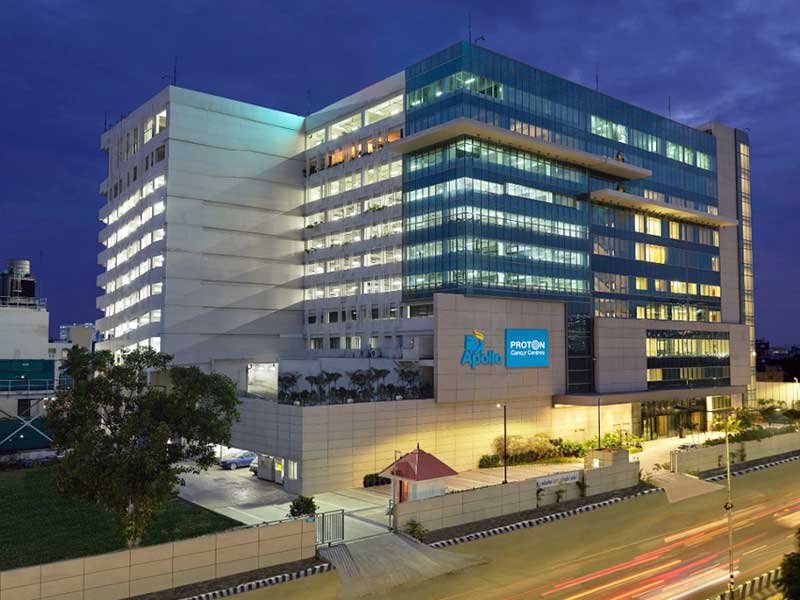
Beds: 150
Chennai

Beds:
Chennai

Beds: 300
Chennai
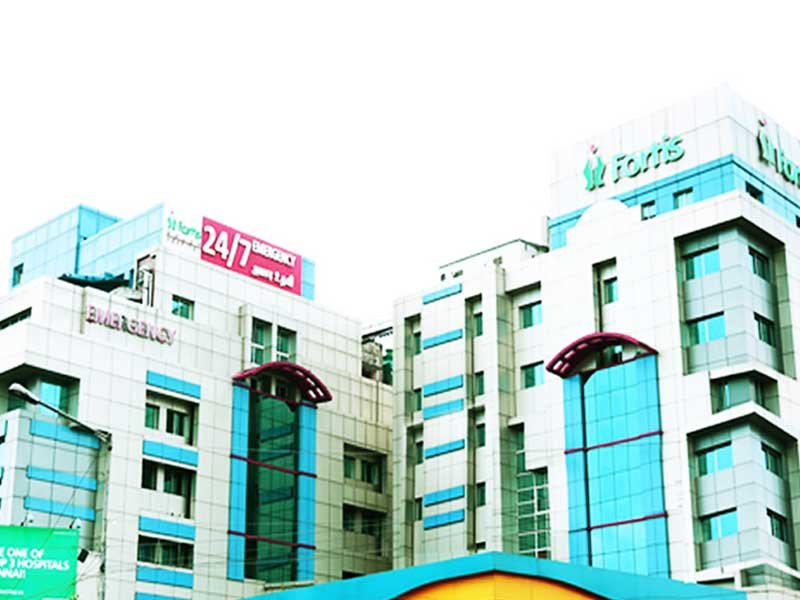
Beds: 180
Chennai

Beds: 200
Chennai

Beds: 750
Mumbai

Beds: 404
Hyderabad

Beds: 360
Chennai
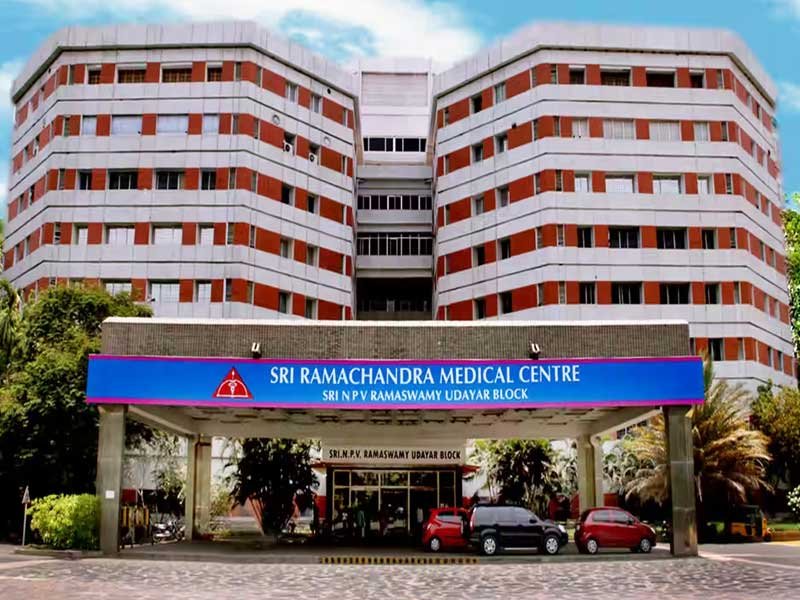
Beds: 800
Chennai

Beds: 750
Chennai

Beds: 50
Chennai

Beds: 550
Ahmedabad

Beds: 1000
Hyderabad

Beds: 550
Hyderabad

Beds: 150
Hyderabad

Beds: 204
Hyderabad

Beds: 400
Hyderabad

Beds: 435
Hyderabad

Beds: 225
Hyderabad
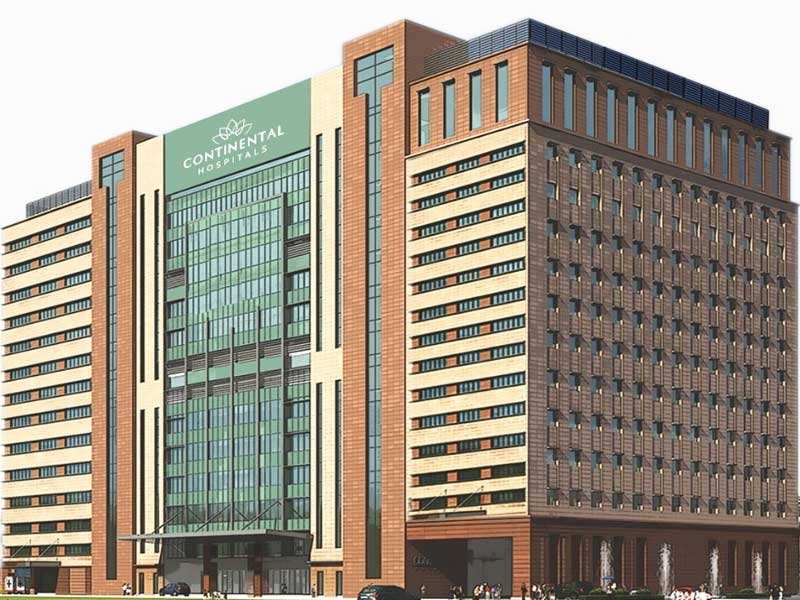
Beds: 585
Hyderabad

Beds: 600
Pune

Beds: 500
Pune

Beds: 350
Pune

Beds:
Pune

Beds: 120
Pune

Beds: 100
Pune

Beds: 300
Kolkata

Beds: 700
Kolkata

Beds: 440
Kolkata

Beds: 200
Kolkata

Beds: 1300
Kochi

Beds: 600
Kochi

Beds: 670
Kochi

Beds: 510
Kochi

Beds:
Kochi
Our care team can help you.
